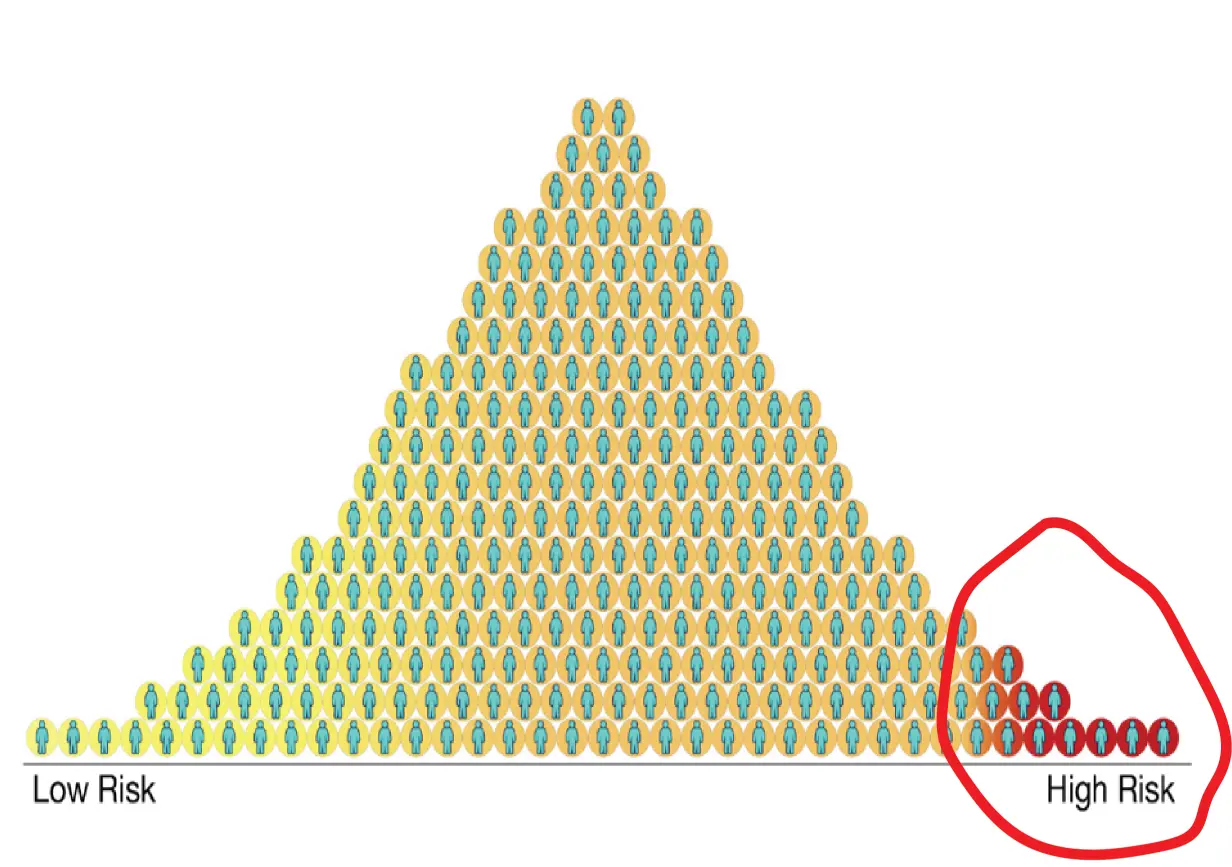
Each of genetic variant has a small effect on a particular trait or condition. A Polygenic Risk Score (PRS) is a Biomarker Analysis tool that uses information from testing multiple genetic variants and identify a set of genetic variants (Single Nucleotide Polymorphisms or SNPs) that are associated with a trait or disease of interest. For each selected SNP, we calculate how strongly that variant is associated with that trait or disease. We then weigh each SNP's effect size based on its strength of association with the trait or disease. Finally, with the total weighted scores for each SNP corresponded to each disease or trait, you are given a genetic risk score. A higher PRS indicates a higher genetic predisposition to the trait or disease.

Personalized Risk Assessment: PRS tests can provide individuals with a more personalized understanding of their genetic susceptibility to certain traits or diseases. This information can help individuals make informed decisions about their lifestyle, health management, and screening options.
Early Detection and Prevention: By identifying individuals who are at higher risk for certain conditions at an early stage, PRS tests can facilitate proactive health management and preventive measures. This might include more frequent screenings, lifestyle adjustments, and early intervention strategies.
Precision Medicine: PRS tests contribute to the growing field of precision medicine by tailoring medical approaches to individual genetic profiles. Healthcare professionals can use PRS information to create personalized treatment plans and recommendations based on an individual's unique genetic makeup.
Psychological Well-being: For some individuals, knowing their genetic risk can alleviate anxiety by providing a more accurate and comprehensive understanding of their health profile. On the other hand, it might also motivate others to adopt healthier lifestyles to mitigate their genetic risk.
Family Planning: PRS tests can offer insights into the genetic risks that might be passed on to offspring. This information can be valuable for family planning decisions and discussions about potential genetic counseling.
Disease Prediction and Management: While PRS tests do not predict disease outcomes with absolute certainty, they provide probabilities and insights that can aid in disease prediction and management. This information can guide more proactive and tailored healthcare strategies.
2023 © All Rights Reserved By Scylex Science Excellence